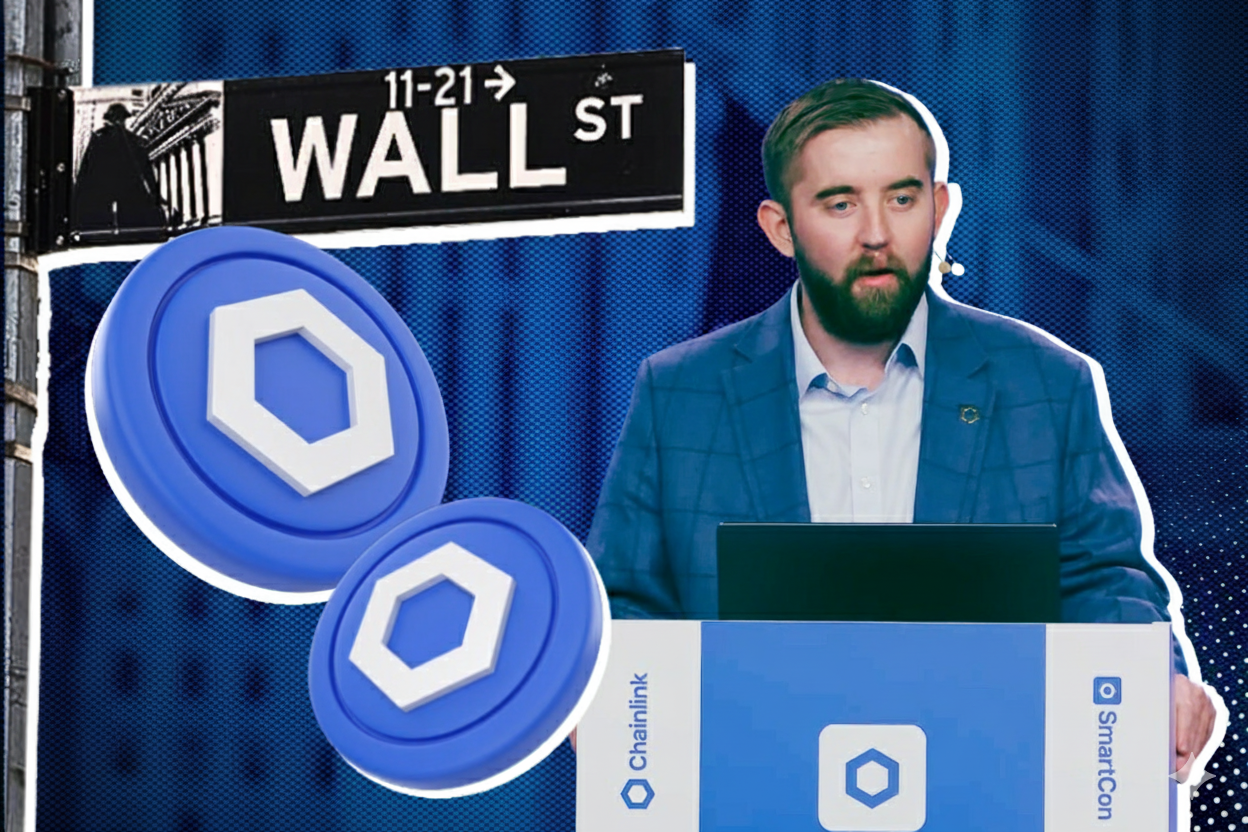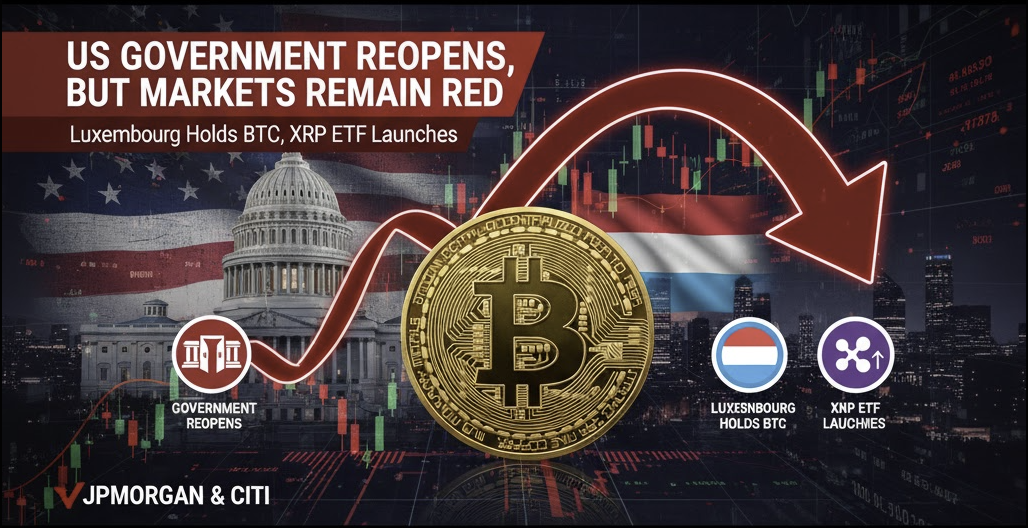Stocks saw a slight recovery, and crypto traded sideways as the CPE report came in as expected. Meanwhile, news continues to emerge about corporations accelerating their participation in crypto.
Market and Rate Cut Outlook
US equities closed with slight gains on Friday (September 26th, US), with the Dow Jones rising the most at 0.65% following the PCE news. Oil contracts rose to $65.3 per barrel. Gold also increased to $3796 per ounce.

In the crypto market, Bitcoin fluctuated around $109,000, showing little change from the previous day. Despite this, many altcoins saw a slight recovery, with Ethereum rising 3.4% to over $4,000, XRP gaining 1.1%, and Solana returning to the $200 mark, generally ending the week on a positive note. The overall crypto market capitalization is at $3.86 trillion.
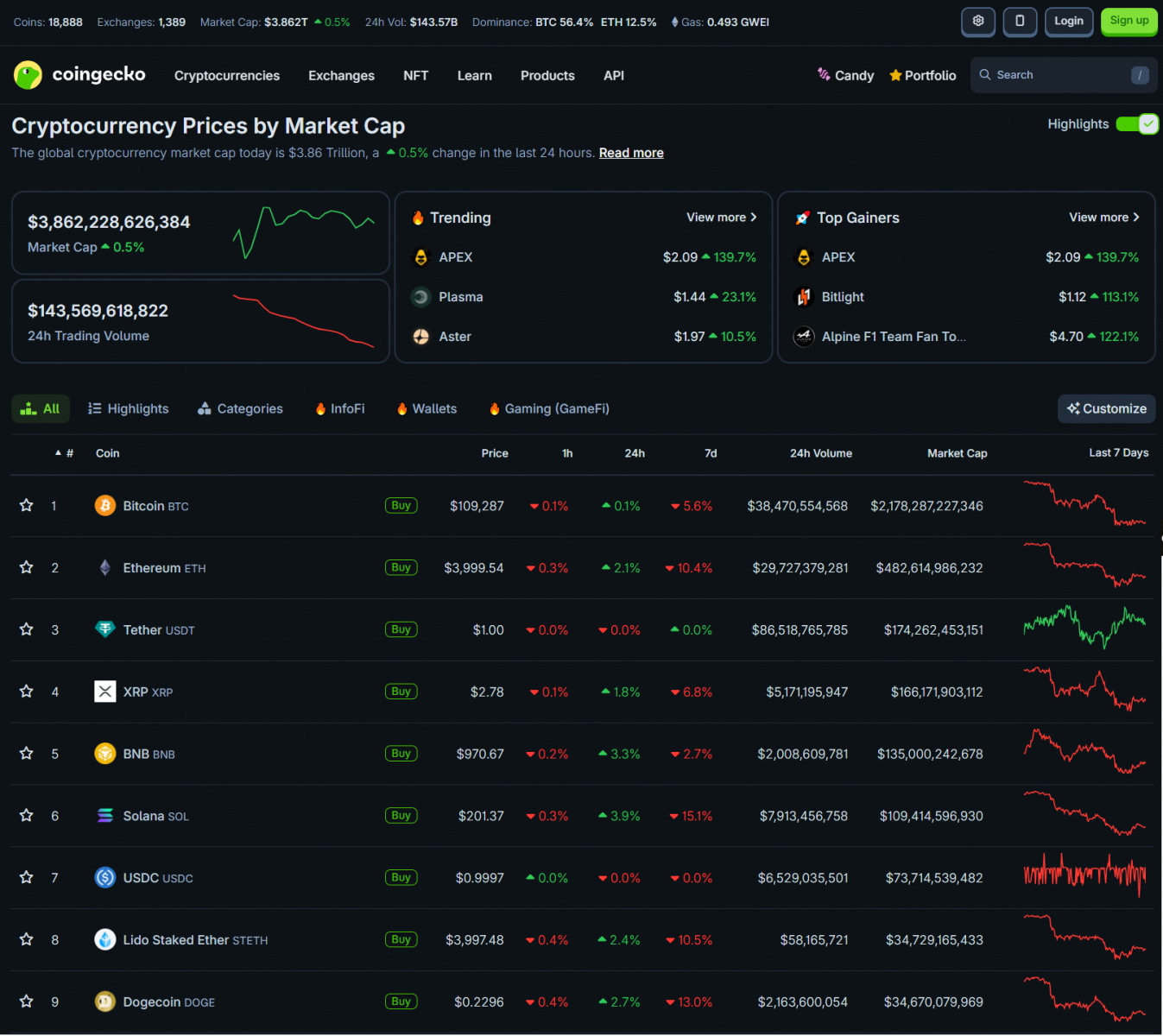
US BTC spot ETFs continued to see outflows on Friday, totaling $418.3 million. ETH spot ETFs also saw $248.4 million leave the funds. In contrast, the SOL ETF still recorded a modest inflow of $10.6 million.

The latest US PCE inflation data shows figures exactly in line with expectations, with no major changes. Headline inflation reached 2.7%, a slight increase from 2.6% last month, while Core PCE (excluding energy and and food) remained stable at 2.9%. This suggests that factors like tariffs have not yet created a significant impact on prices, although Fed Chair Powell has acknowledged that temporary effects could occur. The good news from the PCE report further solidifies expectations that the Fed will soon cut interest rates.
Data from the CME FedWatch Tool shows the market continues to place high bets on the Fed cutting interest rates by 0.25% at its October 29th meeting, with an 87.7% probability. The final meeting of the year on December 10th also shows a 67% probability of a further 0.25% cut. This reflects expectations of two rate cuts before the end of 2025. However, US Treasury bond yields saw a slight increase, indicating that investors remain cautious and somewhat lack confidence in the Fed's ability to implement aggressive cuts next year. Overall, the market highly anticipates the Fed moving toward a looser policy in the short term but remains reserved about the long-term outlook. Stable inflation and slowing employment provide the foundation for rate cuts, but investors still need to closely monitor next month's economic data to clearly determine the Fed's direction.
Meanwhile, US Treasury Secretary Scott Bessent announced that he would begin interviewing candidates to replace Fed Chair Jerome Powell next week. He plans to complete the first round of interviews by early October and will send President Trump a list of 3–4 strongest candidates after the second round. Jerome Powell's term as Fed Chair expires in May 2026. Bessent stated he is looking for a leader with an open mindset and a long-term vision, while agreeing with Trump's assessment of Powell as "Mr. Too Late." Bessent expressed surprise that the Fed hasn't set clear targets for interest rate cuts. He believes the Fed should cut rates by 1% to 1.5% between now and year-end because it was already too late and failed to cut rates earlier based on inaccurate employment data.
Trump Announces New Industry-Specific Tariffs Effective October 1, 2025
President Trump has announced plans to implement new tariffs starting October 1, 2025:
- 25% tariff on all heavy-duty trucks manufactured outside the US to protect domestic truck manufacturers like Peterbilt, Kenworth, Freightliner, and Mack Trucks, citing national security.
- 50% tariff on all kitchen cabinets, bathroom vanities, and related products, along with a 30% tariff on upholstered furniture, to prevent an "onslaught" of these products from other countries and protect US manufacturing.
- 100% tariff on branded or patented pharmaceutical products unless the company is building a manufacturing plant in the US (defined as having "broken ground" or being "under construction").
He praised the strong economic growth (GDP of 3.8%) but criticized Fed Chair Jerome "Too Late" Powell for keeping interest rates too high, arguing that rates should be around 2% and asserting that the US economy is overcoming difficulties to continue achieving record performance.
President Trump is now shifting his tariff policy, moving from country-specific tariffs to industry-specific tariffs to be more flexible in controlling trade. However, this decision is awaiting a ruling from the Supreme Court on its legality and whether it can be applied. If upheld, the tariff policy will continue as it is; if rejected, the market could enter a period of instability due to lack of clarity. Nevertheless, investors are no longer overly concerned about the tariffs' impact, even though businesses are directly affected.
BlackRock’s Bitcoin Premium Income ETF & Vanguard's Policy Reversal
BlackRock Plans a New Bitcoin ETF
BlackRock plans to launch the Bitcoin Premium Income ETF, a fund that will generate additional income by selling options through a covered-call strategy. Specifically, the fund will sell call options based on its Bitcoin holdings to collect the option premium, which helps increase profits without selling off Bitcoin.
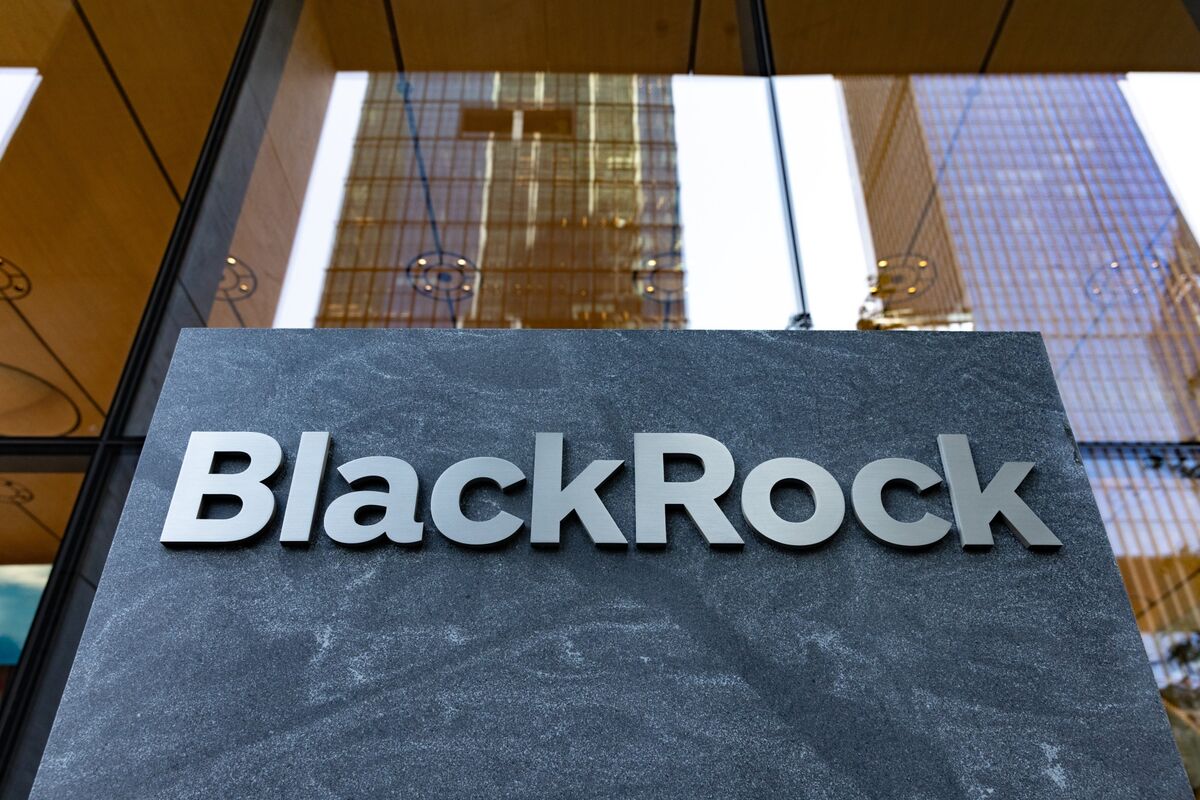
Simply put, this is like paying a small fee for the right to buy a house in the future at a fixed price. The small fee is called the "premium," which acts as insurance for the option buyer. When BlackRock sells call options on the Bitcoin it already owns, it's like a homeowner collecting a deposit. If Bitcoin's price does not rise above the strike price in the contract, BlackRock keeps the fee as additional income. If the price surges, BlackRock would have to sell the Bitcoin at the agreed-upon price. They still profit but must accept forgoing some of the additional price gains, while still keeping the fee from the option. BlackRock currently earns about $260 million annually from its Bitcoin and Ethereum ETFs, managing $101 billion in total crypto assets, including 756,000 BTC (~$85 billion) and 3.8 million ETH (~$16 billion). This new strategy is seen as an expansion to optimize profits as the crypto market matures and institutional capital inflows increase.
Vanguard’s Policy Reversal Signals Major Crypto Acceptance
Given the evident profitability of offering ETF products related to BTC and crypto, another major fund manager has changed its tune. Vanguard, the world's second-largest fund company, is reportedly preparing to allow trading of crypto ETFs, including Bitcoin and Ethereum, on its brokerage platform.
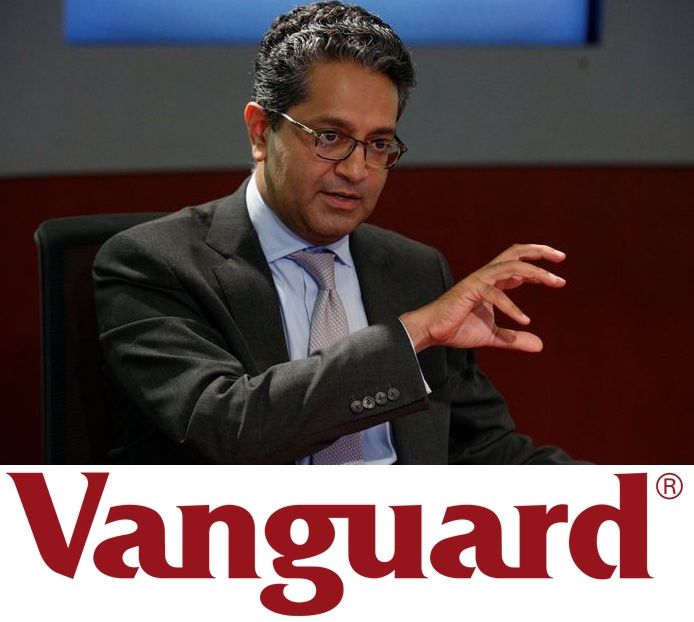
This move would end Vanguard's previous stance of prohibiting Bitcoin ETFs, which it took despite rising demand for crypto investment products. Vanguard had repeatedly criticized Bitcoin and crypto as speculative and high-risk, asserting they had no place in long-term portfolios. CEO Salim Ramji, who helped launch BlackRock's IBIT Bitcoin ETF, is seen as a key figure driving this policy change. Notably, Vanguard also does not believe in gold as a long-term investment and does not offer gold ETFs. However, investors can still gain indirect access to gold through some Vanguard funds that hold gold futures contracts and other commodities.
Other Key Crypto & Market Updates
Bitwise has filed a prospectus with the SEC to launch the first Hyperliquid ETF.
Cloudflare and Coinbase are launching the X402 Foundation—a protocol that allows websites and AI (like chatbots) to pay each other automatically without accounts or registration. Users can pay a small one-time fee to access content or data. Coinbase handles instant crypto payments, while Cloudflare provides the global internet infrastructure. Cloudflare is also preparing to launch NET Dollar, a USD-backed stablecoin, to support instant, programmable payments for AI and online applications. The goal is to replace bank transfers and advertising with micro-payments based on usage, unlocking a new Internet business model. Global stablecoin transactions are projected to reach $1 trillion by 2030.
US regulators (SEC and FINRA) are investigating abnormal stock trading activity before some companies announced plans to purchase Bitcoin or other digital assets. Many companies had quietly contacted external investors to raise capital for crypto purchases and required them to sign non-disclosure agreements. However, in some cases, this confidentiality appears to have been breached, as the stock prices of some companies soared just days before the official announcement.
Tether is raising an additional $20 billion, which would bring the company's valuation to $500 billion. If the deal is successful, Chairman Giancarlo Devasini would own $224 billion in assets, making him the world's 5th richest person, surpassing Warren Buffett.
TeraWulf plans to raise $3 billion to build data centers for AI and crypto, with Morgan Stanley managing the raise. Google will guarantee a portion of a $1.4 billion loan, boosting the transaction's credit rating. This marks a strategic shift for TeraWulf from crypto mining to AI infrastructure, leveraging its existing data centers and power sources.
Kraken is raising $500 million, valuing the company at $15 billion, and plans an IPO in 2026. This capital will be used to expand into tokenized assets and institutional clients, including the acquisition of NinjaTrader for $1.5 billion, which will add 2 million users.
SWIFT is collaborating with over 30 banks to upgrade its cross-border payment system, making transactions fast, transparent, and near-instantaneous like domestic transfers. This move is aimed at maintaining SWIFT's position against the increasing competition from crypto payment solutions.
PayPal has partnered with the DeFi protocol Spark to introduce PYUSD into the decentralized lending market, expanding liquidity with over $135 million in deposits. SparkLend (part of MakerDAO/Sky) currently manages over $8 billion in stablecoins and offers yield-generating tokens. The stablecoin market has neared $300 billion, and the DeFi lending sector has grown 70% since the beginning of the year due to institutional capital inflows.
Sources
- Bloomberg
- CoinDesk
- U.S. Treasury
- TradingView
- Reuters
- SEC
- White House Press Office
- CME FedWatch Tool
- Vanguard Official Statements
- BlackRock Investor Relations
- Tether Official Announcements
- TeraWulf Investor Relations
- Kraken Official Announcements
- SWIFT Official Announcements
- PayPal Official Announcements
Disclaimer
This article is for informational purposes only and should not be considered financial advice. Please do your own research before making investment decisions.

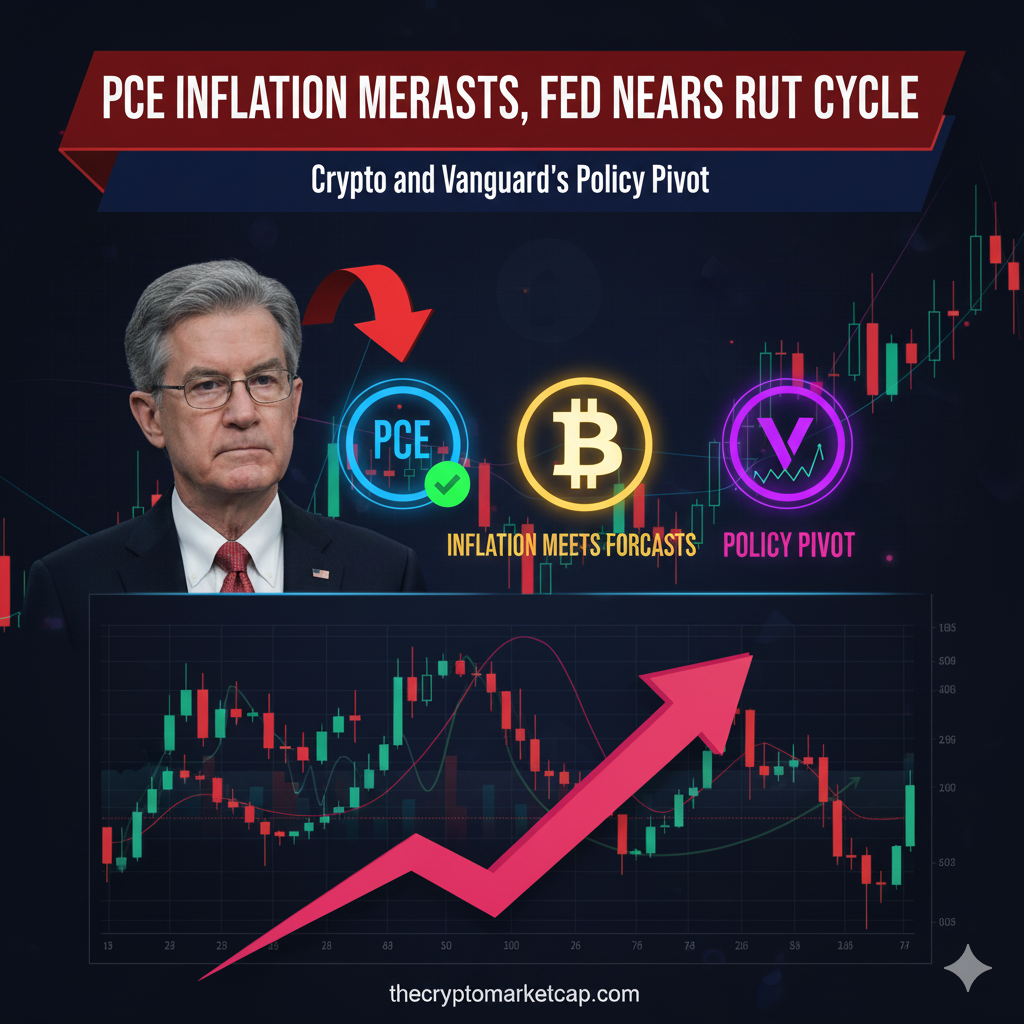
.png)



